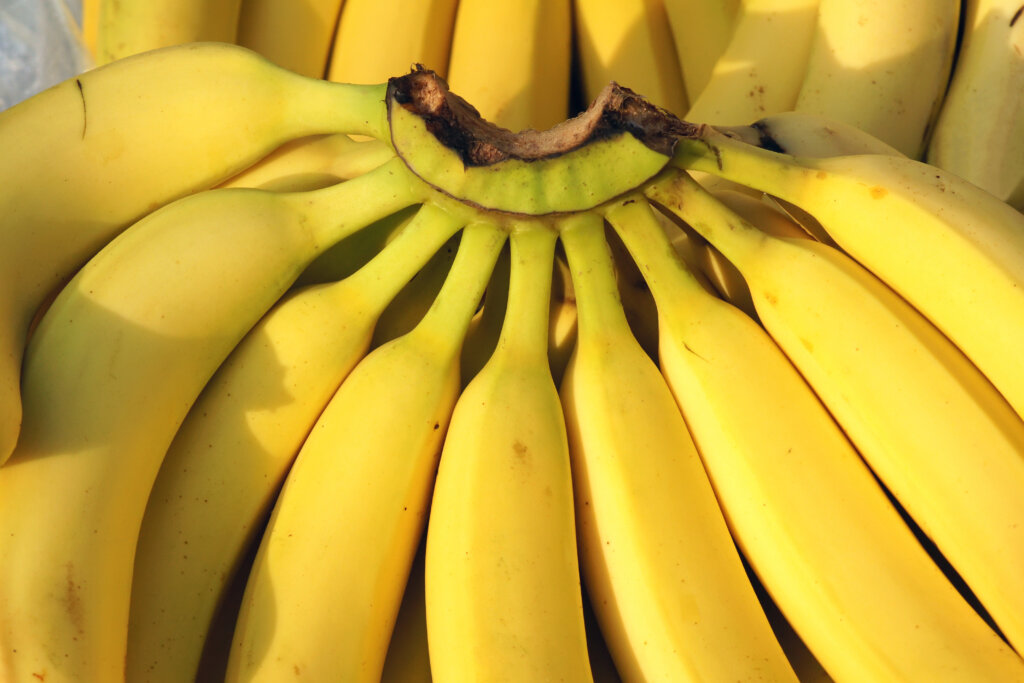France’s minister for food and agriculture, Julien Denormandie, has this week announced that a decree recognising prostate cancer as an occupational disease caused by the chemical chlordecone would be issued “before the end of the year”.
While chlordecone was banned in France in 1990, an exemption was granted that allowed the chemical to be used in the banana plantations of the French Caribbean until 1993.
As a result, over 90 per cent of the adult population of Guadeloupe and Martinique are thought to have been contaminated by the pesticide, according to France’s public health agency.
France’s overseas departments in Guadeloupe and Martinique have some of the highest incidence rates of prostate cancer in the world. The link between chlordecone and cancer was confirmed in a report by the French National Institute for Health and Medical Research (Inserm) published in June, which highlighted a “strong presumption of a link between exposure to chlordecone in the general population and the risk of prostate cancer”.
A 2010 study on chlordecone exposure and prostate cancer found that the pesticide continued to have an effect on people in the French Caribbean even after it was banned, as it did not degrade over time. “Permanently polluted soils and waters have remained the primary source of foodstuffs contamination, and human beings continue to be exposed to this chemical,” the study said.
By designating prostate cancer as an occupational disease, sufferers, survivors and their families will be entitled to claim compensation. “The government is investing to repair the environment polluted by chlordecone. It is a €92m plan that we are deploying,” Denormandie said.
This announcement follows demonstrations in Martinique in March this year, against the prospect of compensation claims being hurt by a looming statute of limitations.
Sources: Reefertends, Euronews, LCI and Paris Match
Photo: Dreamstime
